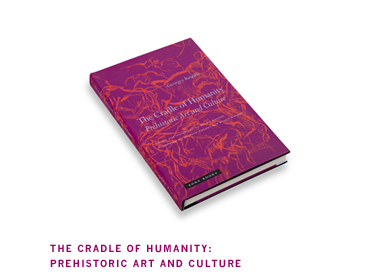 |
 
|
 |
 |
 |
|||||||||||||||
 |

|
||||||||||||||||||
| |
The Cradle of Humanity: Prehistoric Art and Culture collects essays and lectures by Georges Bataille spanning thirty years of research in anthropology, comparative religion, aesthetics, and philosophy. These were neither idle nor idyllic years; the discovery of Lascaux in 1940 coincides with the bloodiest war in history — with new machines of death, Auschwitz, and Hiroshima. Bataille’s reflections on the possible origins of humanity coincide with the intensified threat of its possible extinction. For Bataille, prehistory is universal history; it is the history of a human community before its fall into separation, into nations and races. The art of prehistory offers the earliest traces of nascent yet fully human consciousness — of consciousness not yet fully separated from natural flora and fauna, or from the energetic forces of the universe. A play of identities, the art of prehistory is the art of a consciousness struggling against itself, of a human spirit struggling against brute animal physicality. Prehistory is the cradle of humanity, the birth of tragedy. Bataille reaches beyond disciplinary specializations to imagine a moment when thought was universal. Bataille’s work provides a model for interdisciplinary inquiry in our own day, a universal imagination and thought for our own potential community. The Cradle of Humanity: Prehistoric Art and Culture speaks to philosophers and historians of thought, to anthropologists interested in the history of their discipline and in new methodologies, to theologians and religious comparatists interested in the origins and nature of man’s encounter with the sacred, and to art historians and aestheticians grappling with the place of prehistory in the canons of art.
Also by this author:
|
||||||||||||||||||
| |
|||||||||||||||||||
| |
|
|
|
|
|
|
|
||||||||||||